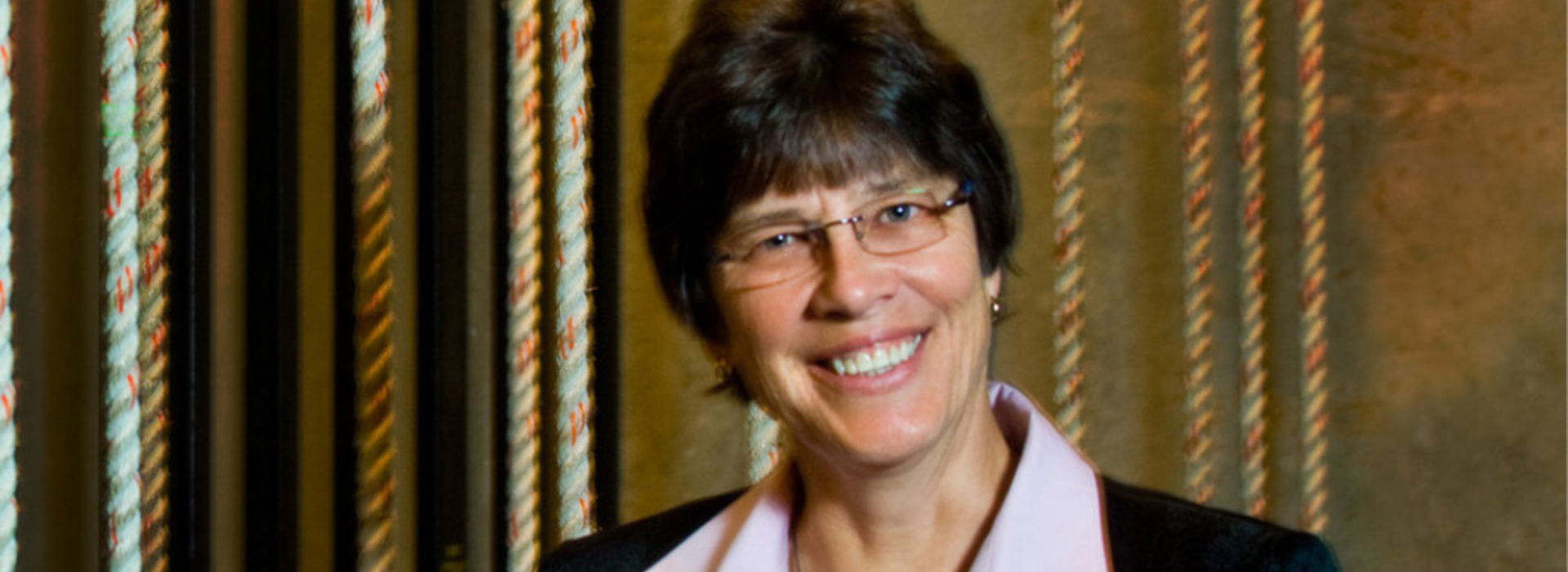
Rural Providers: Building Trust and Continuity of Care
A trailblazing rural physician, Dr. Heidi Korstad provides insight on the importance of continuity of care and trust.
Dr. Heidi Korstad was still in medical school (in Duluth) when she volunteered at Curran Hospital in Zorzor, Liberia. That experience cemented her deep conviction that volunteering and community service would be essential to her medical career.
Korstad earned her MD while serving as president of her University of Minnesota Medical School, Duluth Campus class of 1980. From there, she went on to residency in Eau Claire, WI, and then to a small (three person) practice in Bigfork, MN, where she practiced until 2018. The practice included the complete spectrum of caring for her community in the emergency room, hospital, clinic and nursing home. In addition, she also served as the director of Emergency and Ambulance Services (Minnesota Ambulance Association Medical Director of the Year 2002).
It is what makes you love your job.
Her volunteer experience continued in Liberia, as well as Guyana and Tanzania. In Minnesota, Korstad served as a preceptor for the Rural Physician Associate Program (RPAP) and for the Duluth Family Medicine Residency Program. She is currently a member of the Blandin Foundation and has served as a board member for the Edge Center for the Arts, raising two million dollars for the performing arts center in Bigfork.
We are incredibly proud of Korstad and the impact she has had on rural Minnesota and all over the world.
We asked her a few questions about her practice in family medicine and what it is like to provide healthcare in rural Minnesota.
How important to the community are family medicine providers throughout rural areas? How do you see this developing further?
The biggest issues in the quality of care for a patient are continuity and the lack of trust, so family medicine providers are critical to healthcare in any population, rural or urban. A family practice doctor provides continuity by knowing their patients, their unique histories and situations. As a trusted partner, they can ensure referrals to medical partners who will be team players. They continue to oversee the patient, providing the ongoing care and support critical to a full recovery.
I would love to see all of Minnesota develop the infrastructure of a family physician model of care that included other members of a team, including nurses. This model would be cost-effective and ensure more equitable care. It could help people get and stay healthy. And regular monitoring could reduce late-stage diagnoses.
As outstate populations continue to grow (changes to work, school), how vital is the continued development of curriculums that offer this experience?
I believe an outstate experience is more valuable than ever. It’s important to expose students to the reality of where rural folks go when they have an acute heart attack, a significant car accident, or a toddler falls out of a two-story window. Family physicians are on the frontline here, we deal with everything. It is exciting and challenging to practice in a rural setting, and many students who experience that are drawn to it.
Can you share your "Call to Caring" moment?
For me, the call to caring happens every day, in every moment, in every interaction I have with patients. It makes you use every last brain cell, research tool, and phone call to diagnose a very sick patient in the ER with a complex medical situation. It makes you wake up in the night and call in to check on a patient. It is what lets you hug someone and sometimes even cry. It is what makes you trust your intuition and order one more test that finally diagnoses multiple myeloma. It makes you sit with someone who is dying, even when you know there is nothing you can do. It makes you fight cynicism and believe the fourth headache of the day as much as the first one because it might not just be a headache. It might be an aneurysm. It is what makes you love your job.